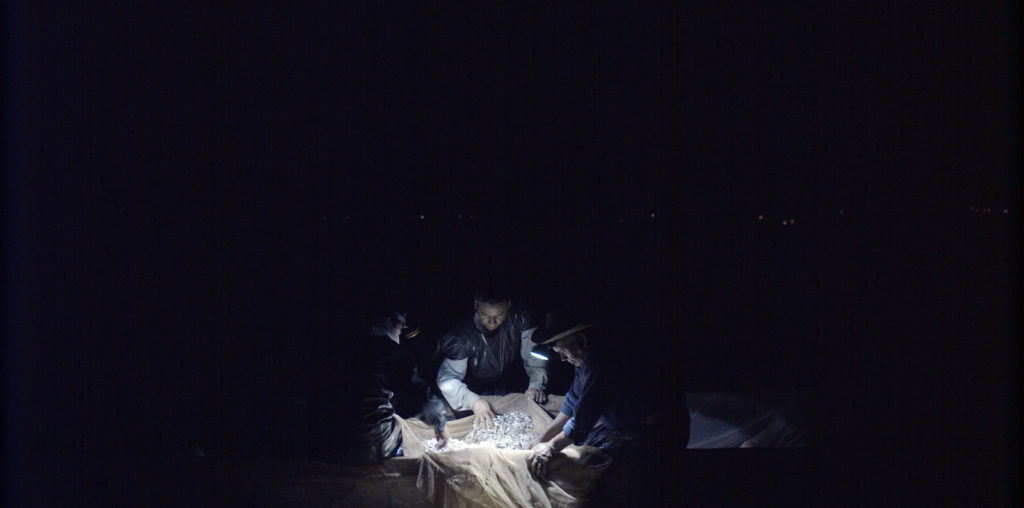
Given his twisted track record, one could plausibly be led to believe that Neil LaBute’s “Possession” is a remake of the freaky (in more ways than one) 1981 Euro-horror-art film in which Isabelle Adjani did the nasty with an octopus-like creature. Alas, the only halfway subversive move LaBute makes in this film is cast his regular, slimeball/eccentric specialist Aaron Eckhart, as someone neither a slimeball nor an eccentric combination of the two.
Eckhart plays a traditional romantic leading man this time around, and that should give one clear indication as to just how far removed “Possession” is from the rest of the LaBute oeuvre. His last film, Nurse Betty, may have been considerably lighter on its feet than the cinematic cynicism of his “In the Company of Men” and “Your Friends & Neighbors,” but it still operated within a darkly comic milieu. In adapting A.S. Byatt’s novel of the same name, LaBute is definitely making a stretch–and, sadly, the strain shows.
No such strain befalls Eckhart, however, who proves more than up to the sensitive, swoony task as Roland Michell, an American scholar in England studying the life and work of Victorian poet Randolph Henry Ash (Jeremy Northam). When he stumbles upon some secret love letters that appear to have been exchanged between Ash and another poet of the era, Christabel LaMotte (Jennifer Ehle), he joins forces with Maud Bailey (Gwyneth Paltrow), an English academic who is researching LaMotte, to investigate the truth.
No prizes for anyone able to figure out what happens between Roland and Maud, and despite Eckhart’s charismatic and sensitive turn, the modern-day end of this two-pronged romance never quite comes to life. Maud is supposed to be no-nonsense and remote, but Paltrow lays on the ice a bit too thick, and the eventual thaw comes off less than convincing. More involving is the flashback story; Northam and Ehle do strike the requisite sparks, and Lena Headey gives an equally passionate supporting turn as LaMotte’s companion.
Overall, though, the tone and feel of “Possession” is more reflective of the more distant modern-day storyline. There’s no denying the sincerity of the entire enterprise, and LaBute exercises remarkable restraint, never resorting to melodramatic manipulation. But it’s possible to be too restrained, and that’s how “Possession” ultimately comes off as: so restrained as to be detached and almost as chilly as his darker films–not exactly what one would want from a story about a love so strong that it echoes through the ages.

